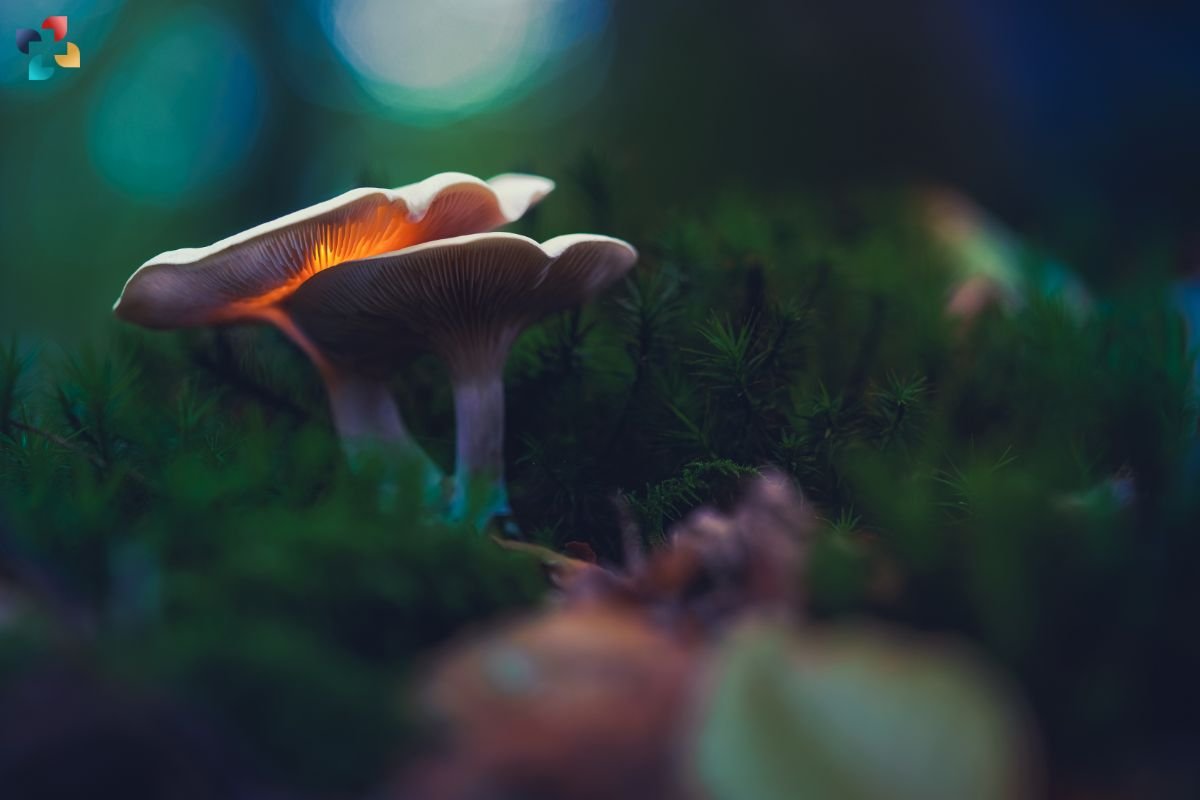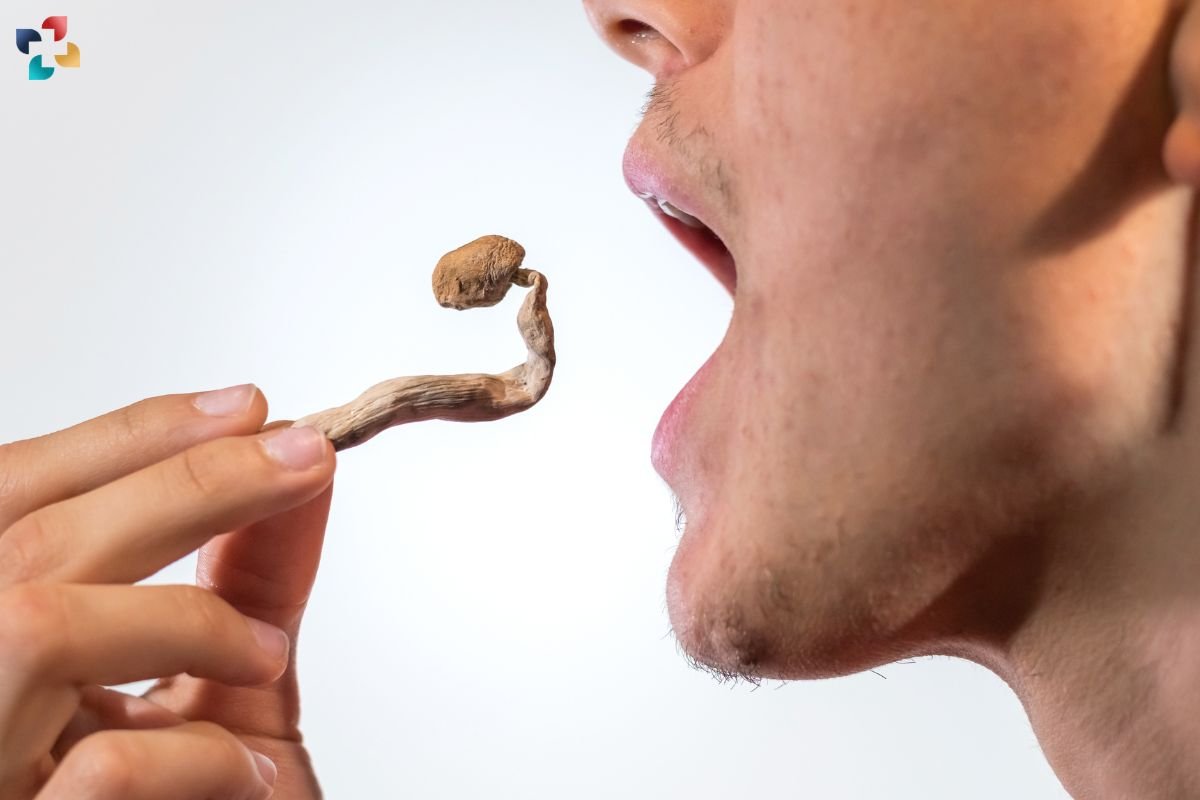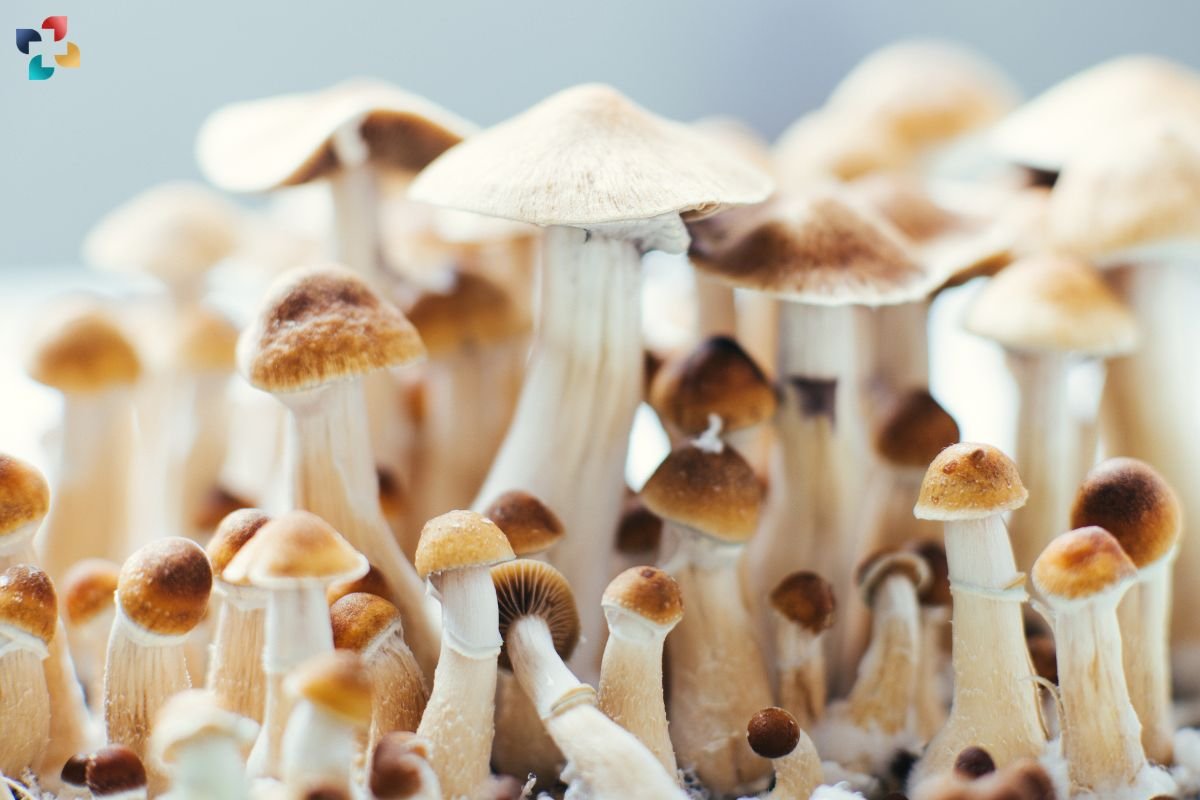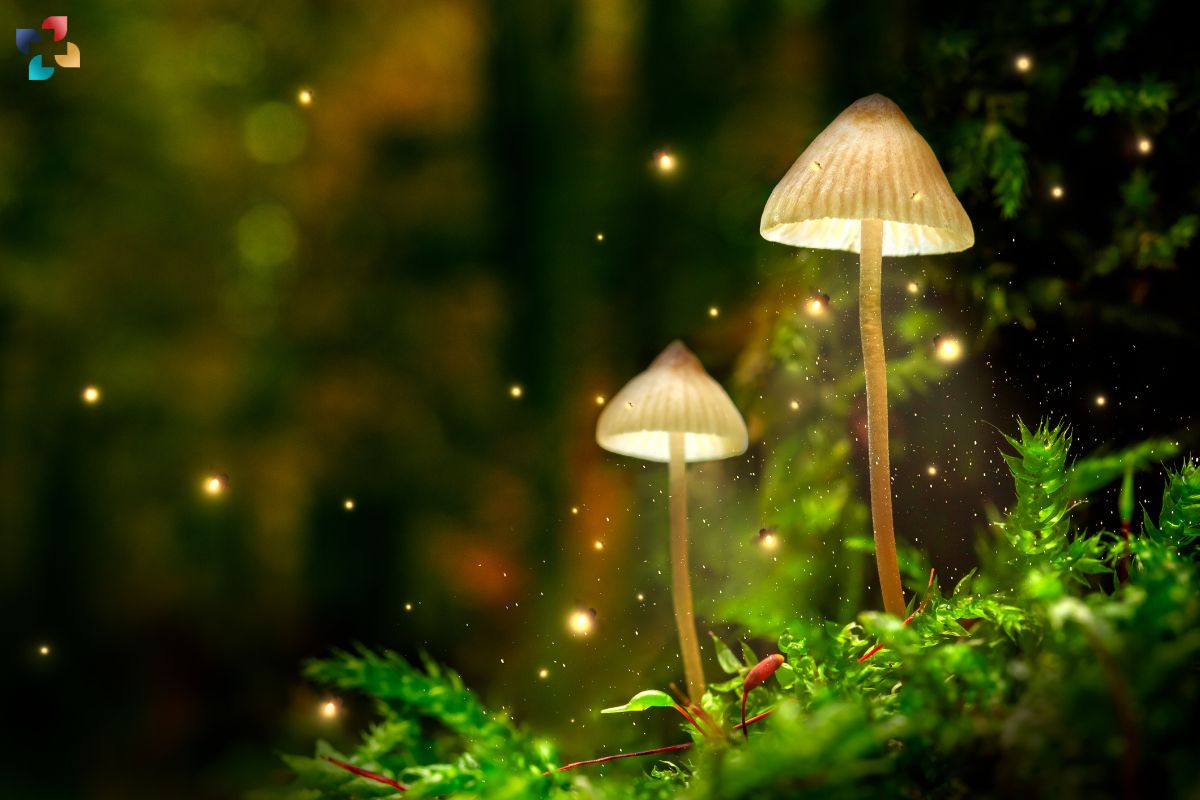Magic mushrooms, also known as psilocybin mushrooms or psychedelic mushrooms, have fascinated and intrigued humanity for centuries with their mystical properties and potential therapeutic benefits. In recent years, scientific research and cultural shifts have shed light on the profound effects of magic mushrooms on the mind, body, and spirit. In this comprehensive guide, we delve into the origins, effects, risks, and therapeutic uses of magic mushrooms, exploring their role in ancient rituals, modern science, and contemporary society.
Origins and History of Magic Mushrooms:

The use of magic mushrooms dates back thousands of years, with evidence suggesting their presence in ancient cultures and civilizations around the world. Indigenous tribes in regions such as Central America, South America, and Africa revered magic mushrooms for their spiritual and healing properties, incorporating them into religious ceremonies and shamanic rituals. The Aztecs referred to them as “flesh of the gods,” believing they provided access to divine realms and cosmic wisdom.
The Effects of Magic Mushrooms:
Magic mushrooms contain psychoactive compounds such as psilocybin and psilocin, which interact with serotonin receptors in the brain, leading to altered states of consciousness. The effects of magic mushrooms vary depending on factors such as dosage, individual sensitivity, and environmental conditions. Common effects include visual distortions, euphoria, introspection, and heightened sensory perception. Many users report profound spiritual experiences, feelings of interconnectedness, and a sense of unity with the universe.
The effects of magic mushrooms can be profound and diverse, encompassing both subjective experiences and objective physiological changes. Here are additional insights into the effects of magic mushrooms:
1. Dosage
The intensity and duration of magic mushroom effects are closely linked to the dosage consumed. Higher doses typically result in more profound alterations in consciousness, including intense visual hallucinations, profound emotional experiences, and a distorted sense of time and space. Lower doses may produce milder effects, such as enhanced mood, creativity, and introspection.
2. Set and Setting
The set and setting in which magic mushrooms are consumed play a significant role in shaping the overall experience. A supportive and comfortable environment, free from distractions and potential sources of stress, can enhance the likelihood of positive outcomes. Conversely, challenging or unfamiliar settings may increase the risk of adverse reactions or anxiety.
3. Individual Sensitivity
Each person’s response to magic mushrooms is unique and influenced by factors such as genetics, personality traits, and previous experiences with psychedelics. Some individuals may be more sensitive to the effects of psilocybin, while others may require higher doses to achieve similar experiences.
4. Emotional Processing
Magic mushrooms have been shown to facilitate emotional processing and promote insights into personal issues, traumas, and psychological barriers. Many users report experiencing profound emotional releases, increased empathy, and a deeper understanding of their thoughts and feelings during psychedelic experiences.
In summary, the effects of magic mushrooms are multifaceted, encompassing alterations in perception, mood, cognition, and consciousness. While they can induce profound and transformative experiences, it is essential to approach their use with caution, respect, and mindfulness, considering individual differences, dosage, set and setting, and therapeutic intentions.
Risks and Considerations:

While magic mushrooms have been used safely for centuries in ceremonial contexts, they are not without risks. Ingesting magic mushrooms can lead to adverse reactions such as anxiety, paranoia, confusion, and in rare cases, psychosis or hallucinogen persisting perception disorder (HPPD). Additionally, magic mushrooms can exacerbate underlying mental health conditions and may pose risks for individuals with a history of psychosis or certain medical conditions. It is essential to approach their use with caution, respect, and mindfulness.
Therapeutic Potential:
In recent years, scientific research has renewed interest in the therapeutic potential of magic mushrooms for treating various mental health conditions, including depression, anxiety, PTSD, and substance use disorders. Clinical studies have shown promising results, with psilocybin-assisted therapy demonstrating efficacy in reducing symptoms, enhancing emotional processing, and promoting long-term well-being. The FDA has granted breakthrough therapy designation to psilocybin therapy for treatment-resistant depression, paving the way for further research and clinical trials.
Integration and Harm Reduction:

For those considering exploring the effects of magic mushrooms, harm reduction practices, and integration are essential aspects of the experience. Practicing harm reduction involves educating oneself about the substance, testing for purity and potency, choosing a safe and comfortable setting, and having a trusted sitter or guide present. Integration involves reflecting on and integrating the insights and experiences gained from the psychedelic journey into one’s daily life, relationships, and personal growth.
Conclusion
Magic mushrooms occupy a unique and complex space in human history, culture, and consciousness. While their use carries risks and considerations, they also hold tremendous potential for healing, transformation, and exploration of the inner realms of the psyche. As scientific research continues to unravel the mysteries of magic mushrooms, it is essential to approach their use with reverence, responsibility, and respect for their profound effects on the mind, body, and spirit.
FAQs
1. What are magic mushrooms?
Magic mushrooms, also known as psilocybin mushrooms or psychedelic mushrooms, are fungi that contain psychoactive compounds such as psilocybin and psilocin. These compounds interact with serotonin receptors in the brain, leading to altered states of consciousness and perceptual changes.
2. How do magic mushrooms affect the brain?
Magic mushrooms affect the brain by binding to serotonin receptors, particularly the 5-HT2A receptors, which are involved in mood regulation and perception. This interaction leads to changes in neural activity, resulting in altered sensory perception, mood modulation, and changes in consciousness.
3. Are magic mushrooms legal?
The legal status of magic mushrooms varies depending on the country and jurisdiction. In some places, such as the Netherlands and parts of the United States, magic mushrooms are decriminalized or legal for medical and research purposes. However, in many countries, including most of Europe and the United States, magic mushrooms are classified as illegal substances.
4. What are the potential risks of using magic mushrooms?
While magic mushrooms have a relatively low toxicity compared to other recreational drugs, they can still pose risks, especially in high doses or for individuals with underlying mental health conditions. Potential risks include anxiety, paranoia, confusion, psychotic reactions, and the risk of accidents or injury due to impaired judgment and coordination.
5. Can magic mushrooms be used for therapeutic purposes?
There is growing interest in the therapeutic potential of magic mushrooms for treating various mental health conditions, including depression, anxiety, PTSD, and substance use disorders. Clinical research and trials have shown promising results, with psilocybin-assisted therapy demonstrating efficacy in reducing symptoms and promoting emotional healing and personal growth. However, further research is needed to fully understand the therapeutic benefits and risks of using magic mushrooms in clinical settings.











